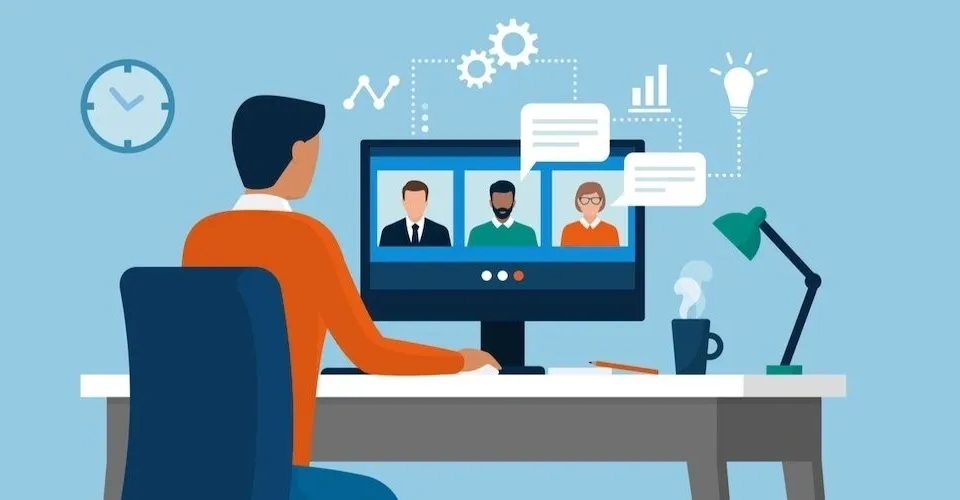Tim Gibbons is the Managing Director of Hoolock Consulting Limited. He is a very seasoned sales leader and expert who has authored the book “The Equation of Sales”. Read on to know what he has to say on the changing dimensions of sales teams in the B2B space.
Two years ago, I had never even heard of Zoom. I had a license for GoToMeeting as I had realized that, with customers spread over Europe, I needed a way of interacting with them at times. However, these interactions only happened remotely once I had built a relationship with them in person. I never set out to build a relationship from scratch via remote interactions. However, with home working becoming more normal, we need to be able to build relationships without even shaking hands.
There are two main aspects of remote interactions that I believe we need to improve and they are quite different. The first is the ability to get to know a person, not just their business persona. Relationships are between people and we need to know people which means making small talk before a meeting begins. In-person, this is usually easy as we walk to and from a meeting room. We have the chance to talk then and ask non-work-related questions. This is a really important part of getting to know our customers and when we interact online, there is a tendency to just jump straight into the meeting without having this chat. Try to find a few minutes at the start of every meeting to get to know your customer as a person and it will pay dividends in the long run.
The other aspect of improving our remote interactions is at the other end of the spectrum when we are making a presentation. Quite often, we cannot see our audience either because of our setup or because they have turned their cameras off. This makes it extremely difficult to judge their reaction to what we are saying. When we present in person, we can get immediate feedback on what we are saying from looking at our audience. Without that, it can be very difficult. Try to build interaction into your presentation, stop regularly, and ask questions or solicit feedback. Keep the audience engaged. Keep the presentations as short as possible and try to spend more time asking questions at the end.
With so many people working from home, it can be difficult to make contact with people except via email. To stand a chance of getting a response, we need to make our message personal and thought-provoking. Sending the same message to ten people is not likely to work. It needs to demonstrate that you have at least thought about the possible needs of your potential customer in a specific rather than a general way.
You then need to tell them something that they are not likely to already know. This is crucial to persuading them to change. Your customer is likely to be able to run their business without your product. They are functioning today and are likely to be able to function tomorrow without it. If you want them to buy your product, you first have to persuade them to change something. This might be a process or system or just the way that they think about a problem.
Whatever it is that you tell them, it has to be focused on changing their mind, not on your product. Your customer will have to be made to feel unhappy with their current setup such that they go looking for a solution to fix it. Assuming that you have told them relevant information, your product should be the first thing that comes to mind when they decide how to satisfy their needs. So, when you do contact a customer, focus on changing their mind rather than selling your product.
Follow Zipteams and be a part of our sales community and get some tips from experts like Tim every week.




